Credit card addiction, much like any other form of dependency, can sneak up on individuals without warning. It often starts innocently, with the convenience of swiping a card for daily purchases. However, the cycle quickly spirals into an unmanageable routine of spending beyond one's means, leading to escalating debt and financial stress. Recognizing the signs of credit card addiction is crucial to breaking this detrimental pattern. In this guide, we will uncover the top 10 warning signals of credit card addiction and outline four actionable steps to regain control over your finances. Whether you find yourself frequently maxing out your credit limit or constantly justifying unnecessary purchases, understanding these indicators is the first step towards achieving financial freedom and peace of mind.
Credit card addiction, also known as compulsive buying or shopping addiction, refers to the uncontrollable urge to spend money using credit cards. Like any other form of addiction, it involves a loss of control over one's behavior and an intense desire to continue the activity despite negative consequences. In the case of credit cards, this can lead to mounting debt, financial stress, and even bankruptcy. It is important to note that credit card addiction is not the same as being a responsible credit card user who pays off their balance in full each month. Instead, it involves an unhealthy dependency on using credit cards for purchases and an inability to stop or limit spending.

While everyone may have different spending habits and financial situations, there are some common signs that may indicate a person is struggling with credit card addiction. These include:

If you recognize some of these signs in your own behavior, do not be discouraged. There are steps you can take to overcome credit card addiction and regain control over your finances. Here are four actionable steps to get started:
The first step towards overcoming any addiction is acknowledging that there is a problem. This may involve accepting responsibility for your actions and being honest with yourself about your spending habits.
Creating a budget can help you gain a better understanding of your financial situation and identify areas where you can cut back on expenses. Consider using cash or debit cards instead of credit cards to help limit your spending.
If you feel overwhelmed or unable to control your spending habits, it may be beneficial to seek professional help from a therapist or financial advisor. They can provide guidance and support in developing healthier financial habits.
In order to break the cycle of credit card addiction, it is important to limit your use of credit cards. This may involve cutting up or freezing your credit cards, closing unnecessary accounts, and only using them for essential purchases.
Credit card addiction is a serious issue that can have detrimental effects on one's financial stability and overall well-being. By recognizing the signs and taking steps to address the problem, individuals can overcome their addiction and develop healthier financial habits. Remember to seek support from loved ones and professionals, and be patient with yourself as you work towards a debt-free future. So, it is important to monitor our spending habits and use credit cards responsibly in order to avoid falling into the trap of addiction. With proper awareness and self-control, we can maintain a healthy relationship with credit cards and avoid the negative consequences of addiction.
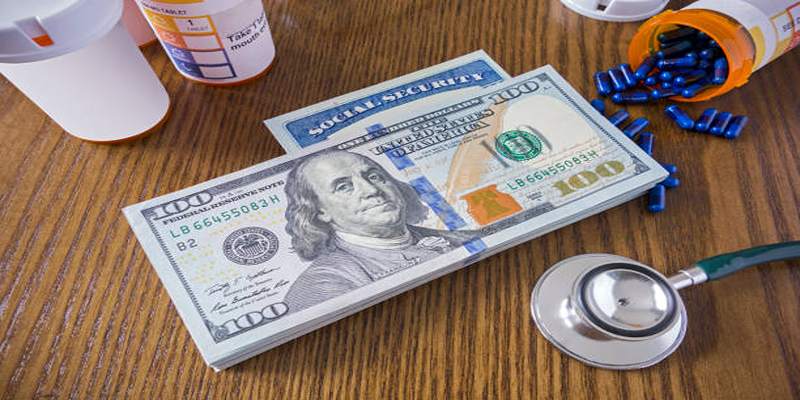
By Susan Kelly/Mar 11, 2024

By Susan Kelly/Feb 29, 2024

By Juliana Daniel/May 28, 2024
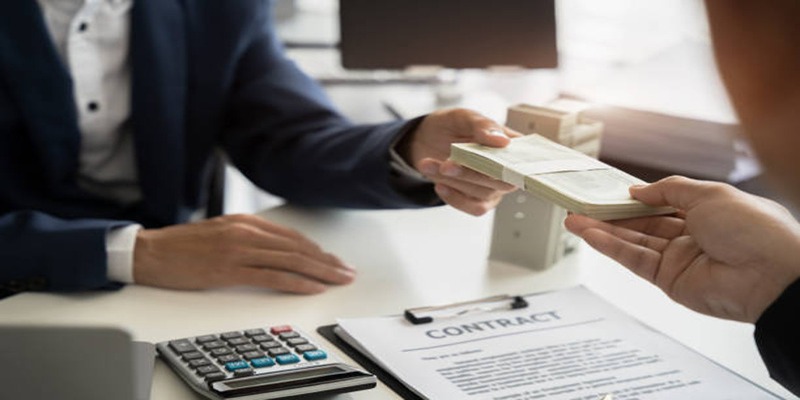
By Susan Kelly/Apr 01, 2024
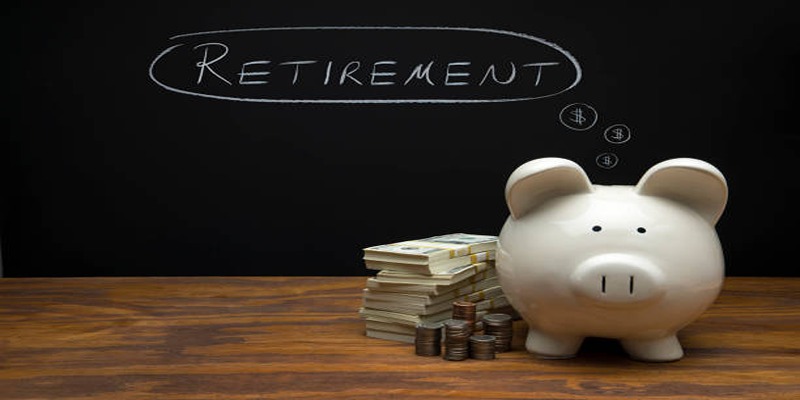
By Triston Martin/Apr 26, 2024

By Sean William/May 28, 2024

By Nancy Miller/Jul 30, 2024

By Triston Martin/Mar 06, 2024

By Sean William/May 30, 2024

By Susan Kelly/Feb 20, 2024
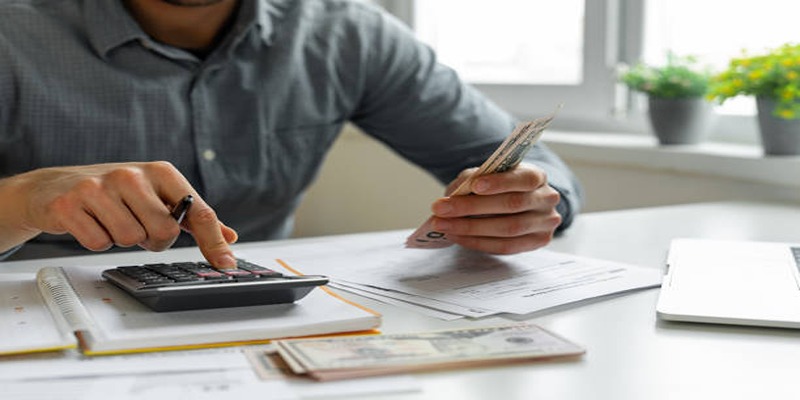
By Triston Martin/Mar 18, 2024
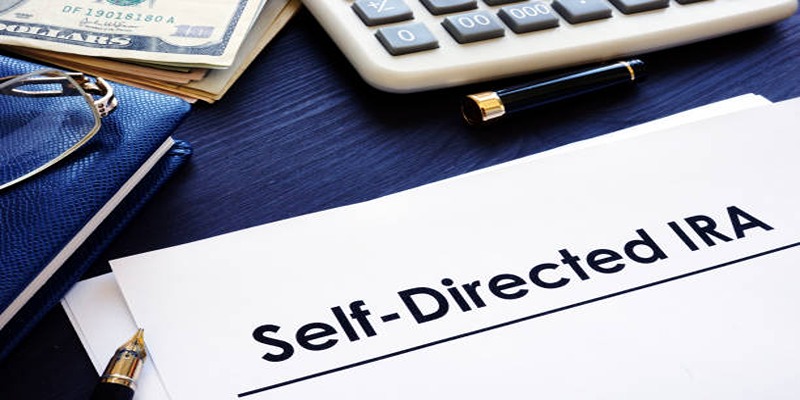
By Triston Martin/Apr 17, 2024